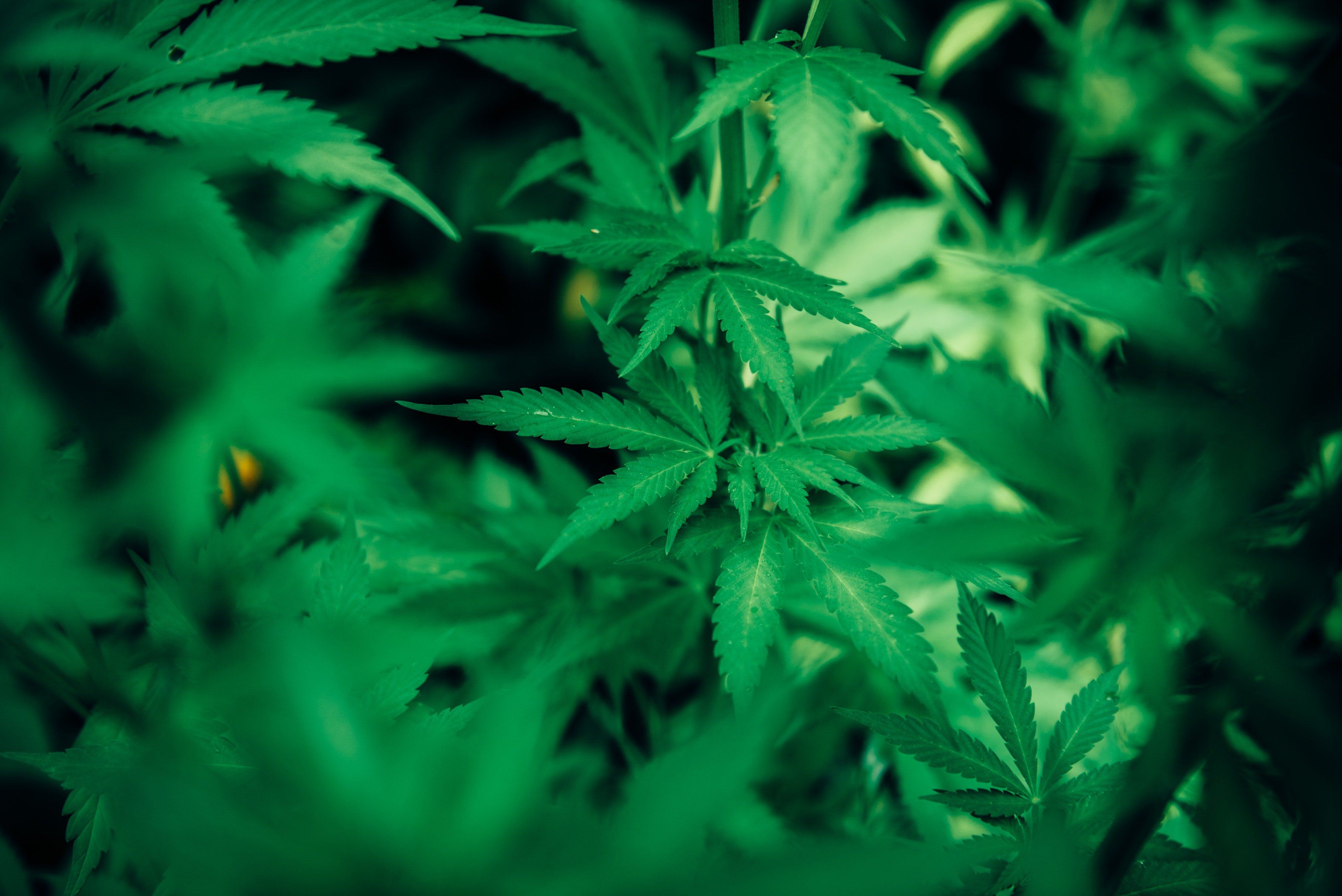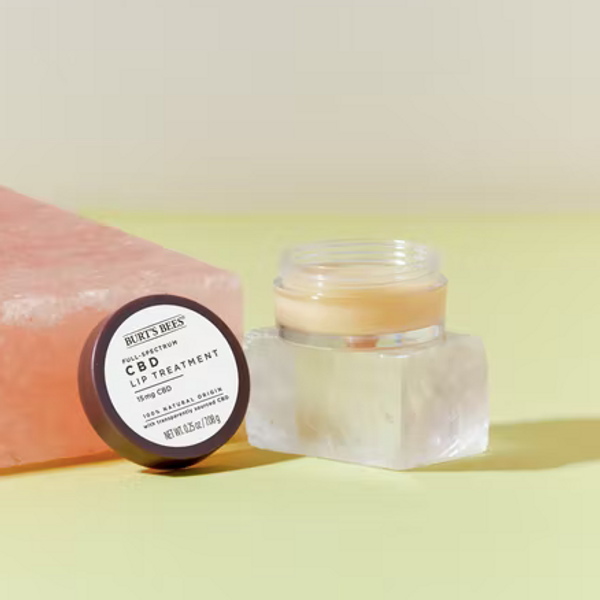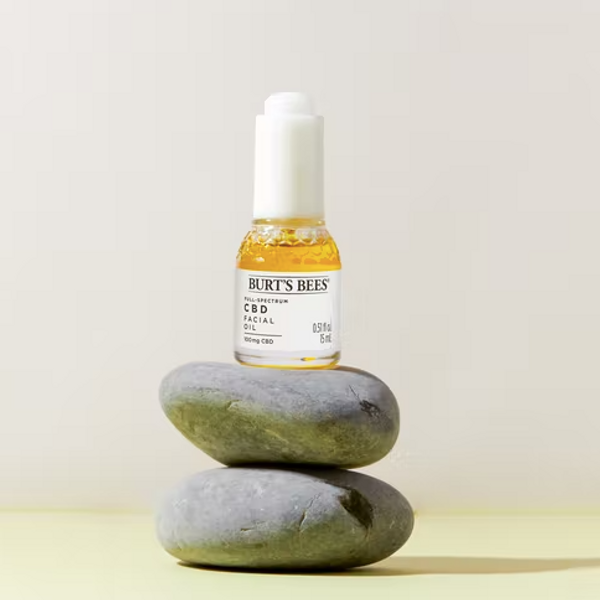Chronic pain is a silent condition that affects millions of people worldwide. It is a major medical problem that is quite difficult to treat. Though there may be no outward signs, an individual can spend their lives battling against the unpredictable and incapacitating effect of living with chronic pain. The condition affects an estimated 50 million adults in the United States, according to the Centers for Disease Control, with another 19 million affected by high impact chronic pain. However, in recent years, the development of cannabidiols has changed the game for many chronic pain patients.
Chronic pain is pain that has lasted three to six months (or more, in some cases), and high impact chronic pain is persistent pain that lasts six months or more while substantially restricting life activities.
Those who suffer this long-term pain come from all walks of life, young and old, and the condition can drastically alter one's life. Symptoms range from a dull ache, throbbing, burning, soreness, stiffness, and inability to fully move. The physical effects are debilitating, while mental anguish includes depression, self-doubt, and sadness, which are sometimes indescribable. Chronic pain can affect sleep, appetite, mood and make a person feel weak and have little energy.
Learning to live with a new normal, knowing what your body can and cannot handle, and trying remedy after remedy for any hope of relief can leave sufferers battling symptoms, financial burdens, and long term changes to overall quality of life. Treatment often involves expensive surgeries, repeated injections and long-term use of prescription painkillers, which can lead to dependence, as well as lasting effects on relationships and other aspects of personal and professional life.
Cannabidiols and Chronic Pain






Research into the use of cannabidiol (CBD) to treat long term pain shows that it has pain-relieving effects, can help to relieve inflammation, can improve appetite, stabilize mood, and help to reduce other symptoms suffered by chronic pain patients. In studies done on rats, topical CBD treatments for arthritis and inflammation show a reduction in swelling, as well as lower pain levels. For decades, CBD has been studied in combination with cancer treatments, proving effective in the treatment of pain, vomiting, and lack of appetite from chemotherapy treatments. When used in combination with opioids, CBD showed more relief than opioids alone. The bottom line here is that research and patients report that CBD helps to treat what are often untreatable symptoms of chronic pain.
CBD can be derived from both plants that contain tetrahydrocannabinol (THC), the chemical that causes psychoactive reactions when smoked or ingested, and hemp plants that do not contain high levels of THC.
Legally, CBD derived from cannabis was reclassified as a Schedule 1 narcotic in 2018 by the United States Drug Enforcement Administration. Drugs that contain a finished dosage formula of CBD with THC below 0.1% are considered Schedule 5 drugs after approval from the FDA. (So far only one drug has been approved, Epidolex, used to treat rare forms of epilepsy). CBD from hemp is not regulated by the FDA, and, as such, there are many products that make wild and unproven claims about its "'miracle" healing properties.
How CBD Treats Pain
So how does CBD treat pain? The human body has an endocannabinoid system, responsible for the regulation and balance of cannabinoid-like compounds that occur naturally in the body ("endo" refers to a substance that's produced normally within the body). The human body has receptors in the nervous system that endocannabinoid and cannabinoids bond with. These receptors are labeled CB1 and are located in areas of the brain, spinal cord, nerves, and the central nervous system. CB2 receptors are found in the digestive system, the immune system, and the peripheral nervous system, which affects the extremities.
CBD has no psychoactive effects. It has shown very promising properties for treating pain, muscle disorders, seizures, anxiety, Parkinson's, Crohn's disease, and many other conditions. Research studies on animals have shown the anti-inflammatory effects of CBD can inhibit pain receptors, while THC can have helpful effects on treating nerve pain. CBD is thought to stimulate CB2 receptors to tell the body to make more of its own natural cannabinoids, thus aiding in treating pain.
One issue the industry and patients face right now is that the regulations on products vary to make sure they are safe and truly contain levels of CBD that are effective. On a federal level, hemp-derived CBD products with less than 0.3 percent THC are legal, however, as previously mentioned they are not regulated by the FDA. Consulting with a doctor or industry expert is a good place to start when looking for the right CBD product for your pain and to make sure you are getting a product with effective doses of CBD.
Many products will have filler ingredients so paying attention to what is in the product and reviewing the dosage information is an important first step. The Harvard Health blog shares with us that the main concern with products is that they are marketed to treat pain but will not have the active CBD ingredients.
CBD Oil





One of the best ways to treat pain is with CBD oil. CBD oil has been used since ancient times to treat a variety of conditions. It can be taken in very small doses and when used subtly it does not cause the mental fuzziness associated with opioids and other prescription painkillers. The American Marijuana Association tests and rates products for their quality and potency (they have paid testers who personally test and rate each product). Their recent review rates Spruce CBD Oil as the most potent. PopularCBD Brands.com published a review of CBD products after testing over 150 brands of CBD oil. They rate BioMDPlus as a top brand for pain relief CBD products.
There are also a variety of edible, smokable, and topical CBD products out there. Self-dosage is tricky, so consult a professional and talk with your doctor about interactions between CBD and any current medication you are taking.
Many products will have filler ingredients so paying attention to what is in the product and reviewing the dosage information is an important first step. The Harvard Health blog shares with us that the main concern with products is that they are marketed to treat pain but will not have the active CBD ingredients.
What all of this tells us is that CBD has serious potential to help treat chronic pain and can open up a world of options to those who suffer from this condition daily. Though it is still a debated and growing field, there are a lot of benefits to explore as an alternative to long term use of painkillers or expensive pain treatments and surgeries.








